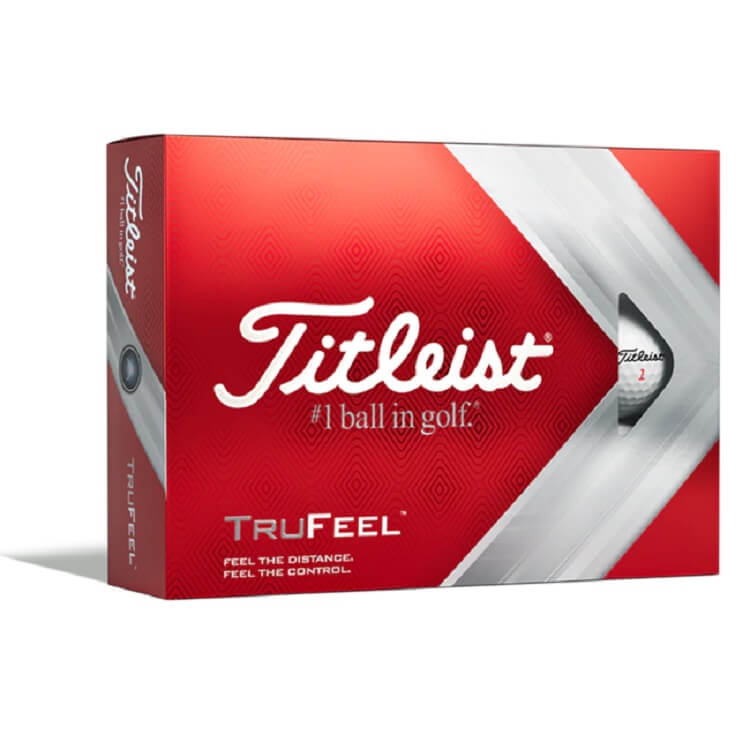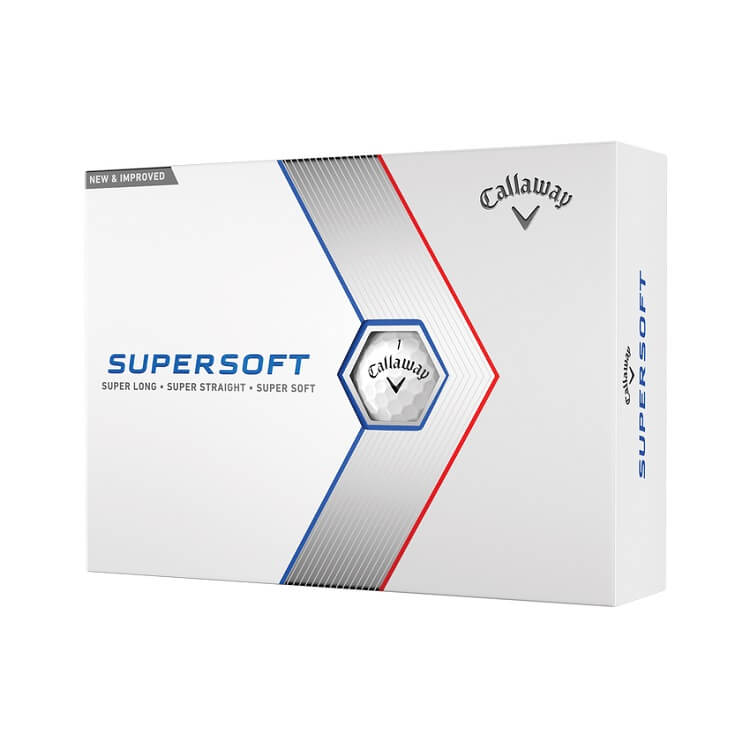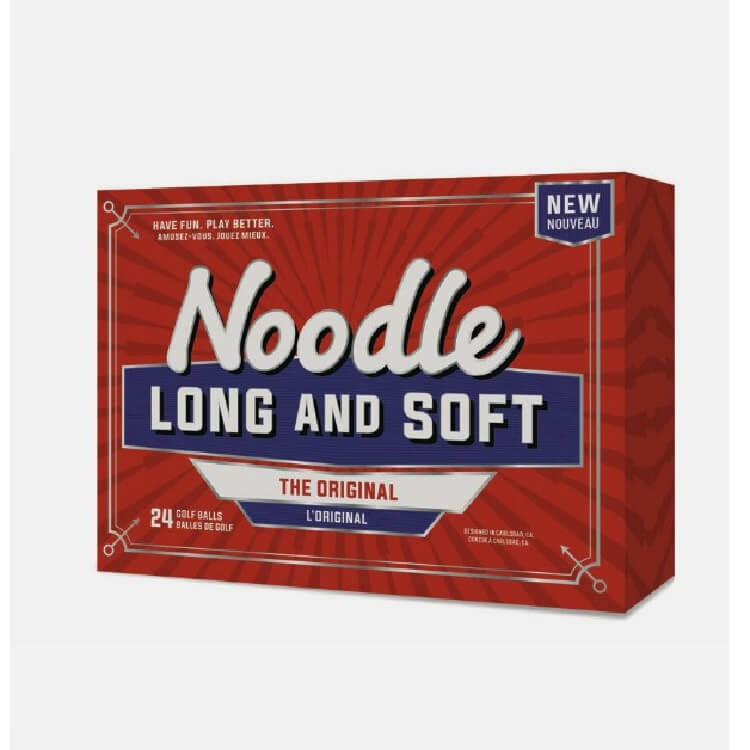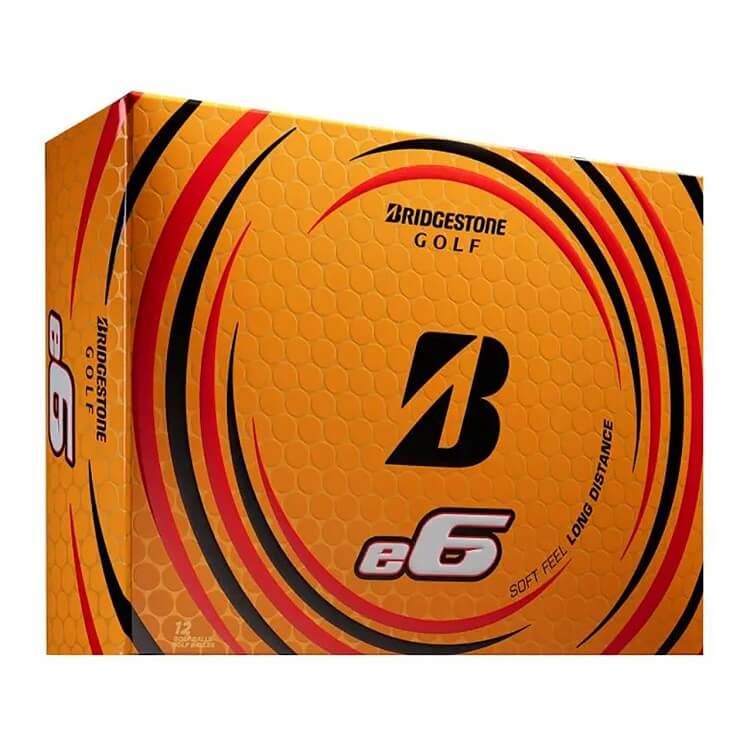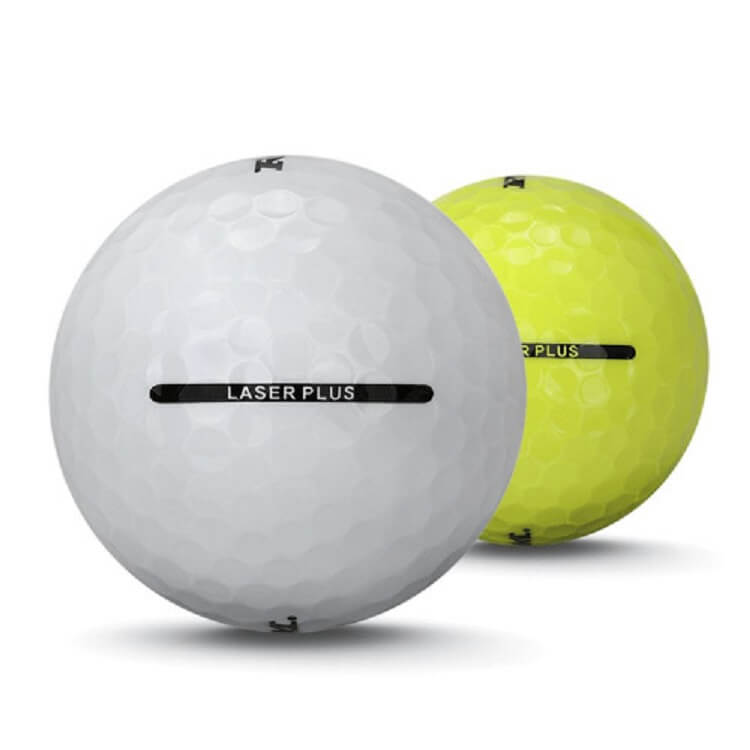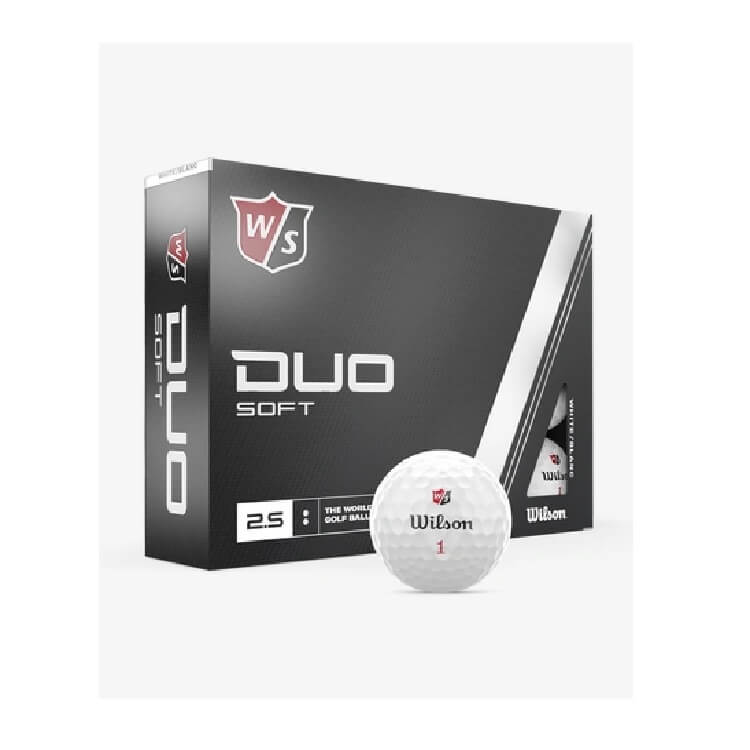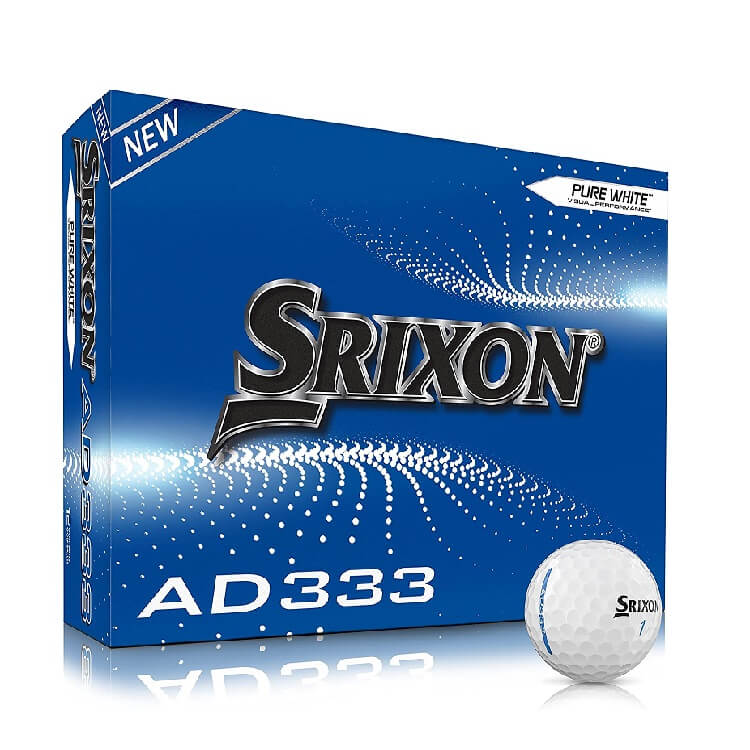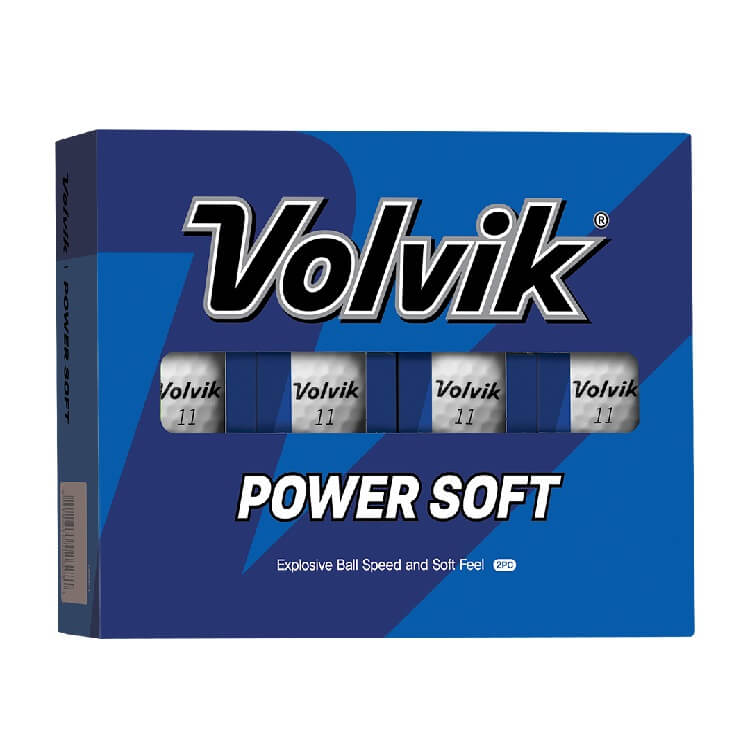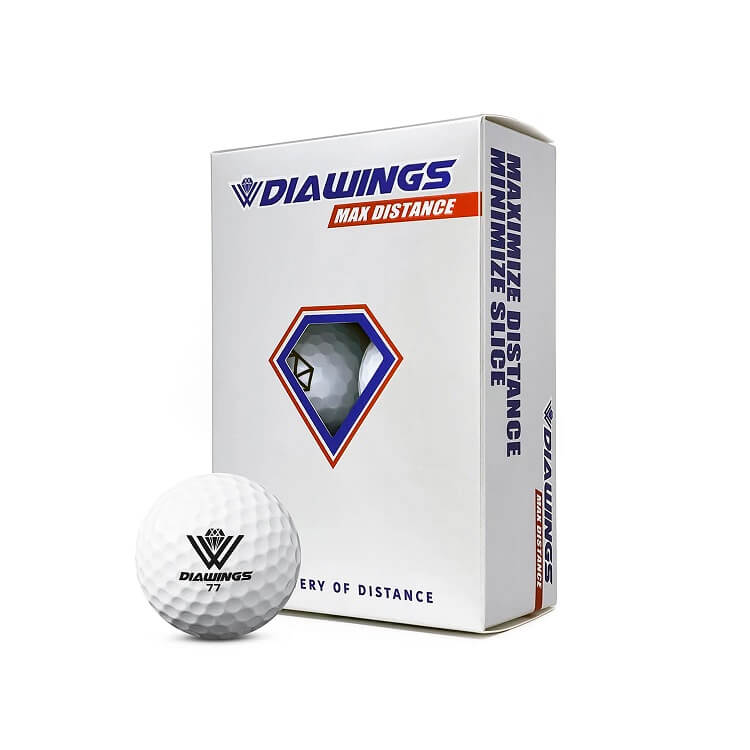Hit the course with confidence: golf balls for beginners and high handicappers
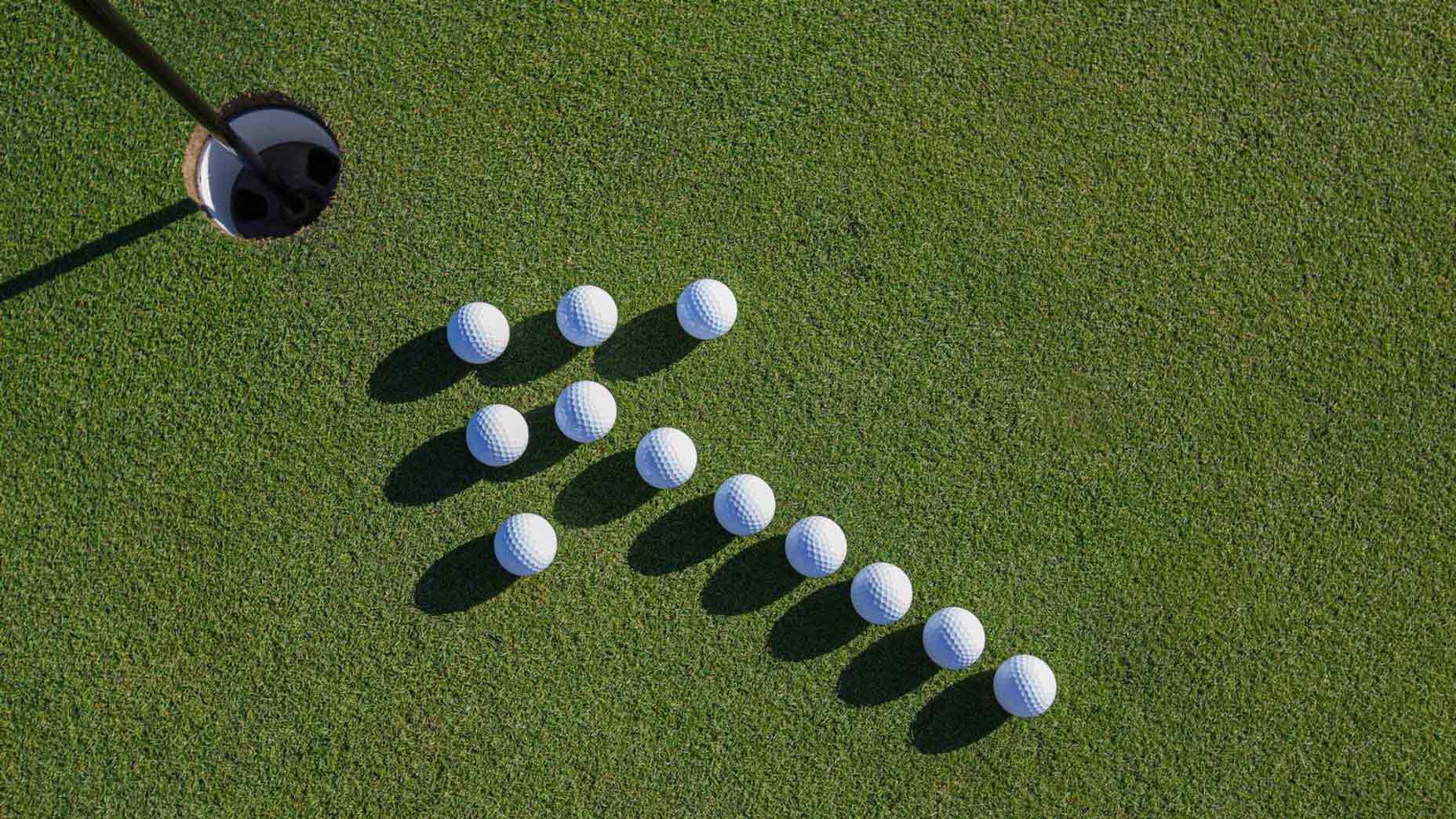
Use this article to help find the right ball for *your game.
GETTY
Plenty of well-known brands and models of golf balls are synonymous with the sport, particularly because they’re utilized by tour pros. But, if you’re reading this, you likely aren’t in the same handicap bracket as those players, so here are a few balls that may be a better fit at this point in your game and skill development.
Golf ball models that feature softer compression cores can help benefit players with slower swing speeds. Many of these models also boast features to maximize distance and/or spin and control because, let’s be honest, what beginner or high handicapper wouldn’t want a little extra help on the golf course? At a less expensive price than the higher-end models engineered specifically for scratch golfers and pros, these balls for beginners and high handicappers will make the game more affordable and fun. Golf’s hard enough, so do yourself a favor and buy the right ball.
How to pick the right golf ball
Compare and explore each golf bag below. Be sure to check out the various color choices available for each bag by tapping the ‘BUY NOW’ button.
Highlights
- Affordable price
- Titleist’s softest model
- Doesn’t sacrifice distance for feel
Highlights
- Great bang for your buck
- Greenside control
Highlights
- Very affordable
- Forgiving
Highlights
- Ideal for slow to moderate swing speeds
- Affordable price
Highlights
- Amazing value
- Engineered for slow swing speeds
Highlights
- Named the “world’s softest golf ball”
- Multiple color options
Highlights
- Trusted model from a well-known brand
- Features technology seen in Tour-validated Z-STAR Series
Highlights
- Recommended for swing speeds of 70-90 mph
- Additional visibility, thanks to multiple glossy color options
- Affordable price
Highlights
- Good for slow to moderate swing speeds
- Multiple color options
Choose which balls to compare
Shop more beginners golf balls
FAQ
How do I choose a golf ball for a beginner?
Your golf ball is as much of your golf identity and personality as your patterned polo or college alma mater headcover, but punching above your weight hurts your game and wallet. Beginners and high handicappers typically have slow to moderate swing speeds, so playing softer golf balls will complement their swing and skills. Firmer balls engineered for scratch golfers and pros will be more detrimental to their game. If you still need help, our list above should point you in the right direction.
What does a soft golf ball mean?
A soft golf ball means exactly what it sounds like: a golf ball with a softer feel that compresses more upon impact. Each ball is composed of a certain number of layers — typically ranging between 2 and 5 — while featuring a cover material like ionomer or urethane and a core with a certain firmness or softness, all of which play into a ball’s compression and feel. Golfers with slower swing speeds can’t compress a ball as much as golfers with faster speeds, so that’s where softer balls come in handy.
Which golf balls are the easiest to find?
Thanks to this little thing called the internet, as well as golf’s growing popularity, finding any make, model, and brand of golf ball is easier than ever. Even if your favorite ball is sold out on the manufacturer’s website, check Amazon, the PGA Tour Superstore, Dick’s Sporting Goods, or other sites to get what you’re looking for. (If only finding your ball on the course was this easy).
The easiest golf ball to find is the one you hit on the fairway and green, right? If only golf were that simple. For as many good shots as you have, there will be plenty of rogue slices, draws, and duffs, especially if you’re a beginner or high handicapper. If you’re worried about losing your ball in the rough, opt for a model that offers a variety of colors that will stand out easier in a higher cut or among trees.

